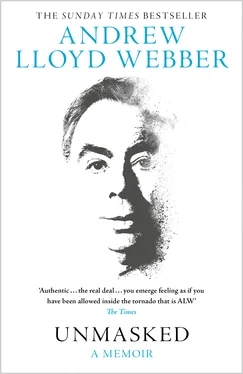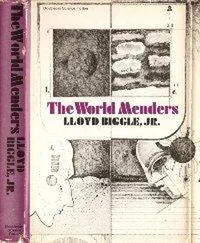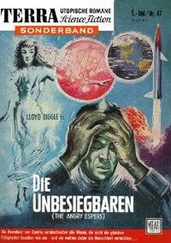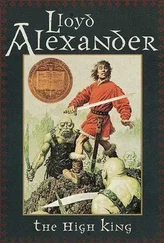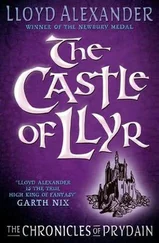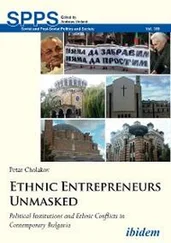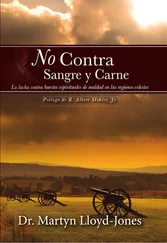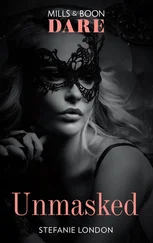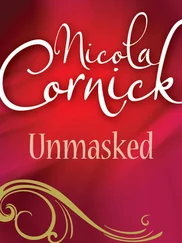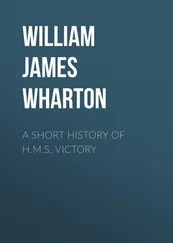Thus The Likes of Us was in remarkably different shape to a play that was the big talk of Oxford. Written by a second year undergraduate, When Did You Last See My Mother? was staged by OUDS and a production in London quickly followed. It rendered its author the youngest to have a play produced in the West End. The author’s name was Christopher Hampton, he had been to the same school as Tim Rice and the play is said to have been influenced by homosexual activities at Lancing College. This is a subject I have not raised with Sir Tim, as I sense that he might be exceptionally unqualified to contribute to this topic. Chris is a couple of years older than me, but clearly The Likes of Us couldn’t hang about if I was to grab the “Youngest Author in West End” title myself. I didn’t of course, but 25 years later Chris and I would get Tony Awards for Sunset Boulevard .
Meantime word was dribbling through Oxford’s dramatic community that there was a socially awkward seventeen-year-old with an outsize room overlooking Magdalen meadow and a piano in it to boot. So, aside from The Likes of Us , I met with several budding writers and lyricists, some of whom have subsequently had respectable theatre careers. But I quickly became rather too aware that absolutely none of them had Tim’s rhyming dexterity and, more importantly, his highly individual turn of phrase. Years later I sometimes notice a similar turn of phrase in Chris Hampton’s work. I wish I had met their Lancing College English master.
1965 was decades before mobile phones and the only contact with the outside world was a coin phone box outside the porter’s lodge which invariably had a big queue. I started to make too many day trips to London. I was already a little fearful that Tim would forget about his junior Oxford collaborator. I simply wasn’t allocating my time properly and I was trying too hard to do too many things. My History tutor asked to see me. He said I had been admitted to Oxford a year too early at seventeen. I should take the rest of the academic year off. He really couldn’t have been kinder and even offered to look after some of my things if I couldn’t take them home. I immediately thought how was I to get The Likes of Us on in Oxford if I wasn’t there, but my attempts to say I really could cope were greeted with the reply “See you next October.”
7
Teenage Operas, Pop Cantatas
My unanticipated time off from Oxford equalled a newly blank diary until October when I was supposed to restart at university afresh. Clearly with me based in London again, The Likes of Us was unlikely to happen that summer in the Oxford Playhouse. The songs had been demoed. There was still no script. My father arranged for me to have a few lessons at the Royal College of Music. I made several trips to Vi and George in Italy and got taken to the Sanremo Song Festival by Southern Music’s American owner where I met Gene Pitney. I hung out with old school friends, revisited David Marks in Oxford, saw Tim a bit who was still working at Pettit and Westlake, got my driving test at the third attempt, dropped my brother to school, that’s about it, i.e. not the sort of stuff to grip reader or publisher apart from possibly one anecdote which I have many times told elsewhere. The problem is that all these years I’ve been disseminating fake news.
The story as previously told goes as follows. Back in 1966 I used to frequent a shop in the nether regions of the Fulham Road which sold cheap copies of current LPs that somehow had fallen off the back of a lorry. Nearby was a bric-a-brac shop. One day I saw a filthy dirty canvas in its window which looked remarkably like Lord Leighton’s Flaming June , probably one of the most famous of all Victorian paintings. Even though Victorian pictures were still considered nearly worthless, the £50 that the shop owner was asking for it seemed cheap to me. (Today £890.) So I begged Granny to let me borrow the money. When she asked what it was for she opined that she wasn’t going to have Victorian rubbish in her flat.
The way I have been telling the story is that it was bought by the pioneering Victorian picture dealer Jeremy Maas. He then sold it to a Puerto Rican cement baron called Luis A. Ferré who was starting a museum in Ponce, his home town on the south of the island. Apparently Ferré had a policy of never paying more than $5000 for anything. In those days you could buy several acres of Victorian canvases for $5000 and consequently Mr Ferré hoovered up some great paintings such as Burne-Jones’s masterpiece Arthur in Avalon . It is ironic that such important “aesthetic movement” paintings created in the pursuit of beauty should have found their home in an island so cruelly treated by nature. Today Flaming June is billed as “The Mona Lisa of the Southern Hemisphere,” has been in the Tate Gallery, the Frick, you name it, and is worth millions. Thus Granny denied me a Victorian masterpiece. I’ve been writing and dining out on this for decades.
Unfortunately I was wrong. I recently learned that Jeremy Maas bought the real thing from his barber a few years earlier. So I take this opportunity to grovel with apology for a falsehood that I even perpetuated in a Royal Academy exhibition catalogue and revel in the fact that I didn’t lose out on a great deal after all.
IT WAS AROUND EASTER when Bob Kingston, boss of the London office of Southern Music, called me into his office. I am not the only one who should be eternally grateful for what he told me. Everyone from Tim Rice to all those who made tons of money out of our early shows should erect a monument to him. Without it the rest of this book would be completely different, not to mention the rest of my life – and probably that of countless others. Bob Kingston was the first person to tell me about Grand Rights. The meeting came about because either Desmond Elliott or Ernest Hecht had had a faintly encouraging response from Harry Secombe’s management to The Likes of Us demo disc. Harry Secombe was a very successful British comic who was unusual in that he had a more than OK, if slightly strangulated, tenor voice. This propelled him into occasional flights of light opera and the title role in an Oliver! influenced musical called Pickwick which had opened in London in mid-1963, directed by Peter Coe and designed by Sean Kenny, repeating a partnership they had begun with Lionel Bart’s classic. Both these had, of course, also been approached about our epic.
Based on an over optimistic chat with the excitable Desmond, Bob felt it was time to sit me down and explain the music business facts of life. In those days income from songwriting came from three sources. First was record sales. Second were fees from performances on radio, TV and public places. Third was “sheet music” sales, i.e. printed song copies. The publisher split the income from the first two categories 50/50 with the writers and doled out 10% of the proceeds from the third. Income from international sources was split 50/50 based on what the local publisher remitted to the UK publisher. Naturally all the major publishers set up their own local firms who skimmed off a big cut of a song’s income with the result that the publisher in practice could end up with a far bigger share of the income than the authors. For example, a song earns $100 in the US. The US publisher (owned by the UK publisher) takes a 50% cut, remits 50% to the British publisher who splits that 50/50 with the writers. Thus many writers at that time only received 25% of the gross international income. This practice has long since been challenged, but it was the norm in 1966. Bob explained that these three income streams are called Small Rights.
Читать дальше
